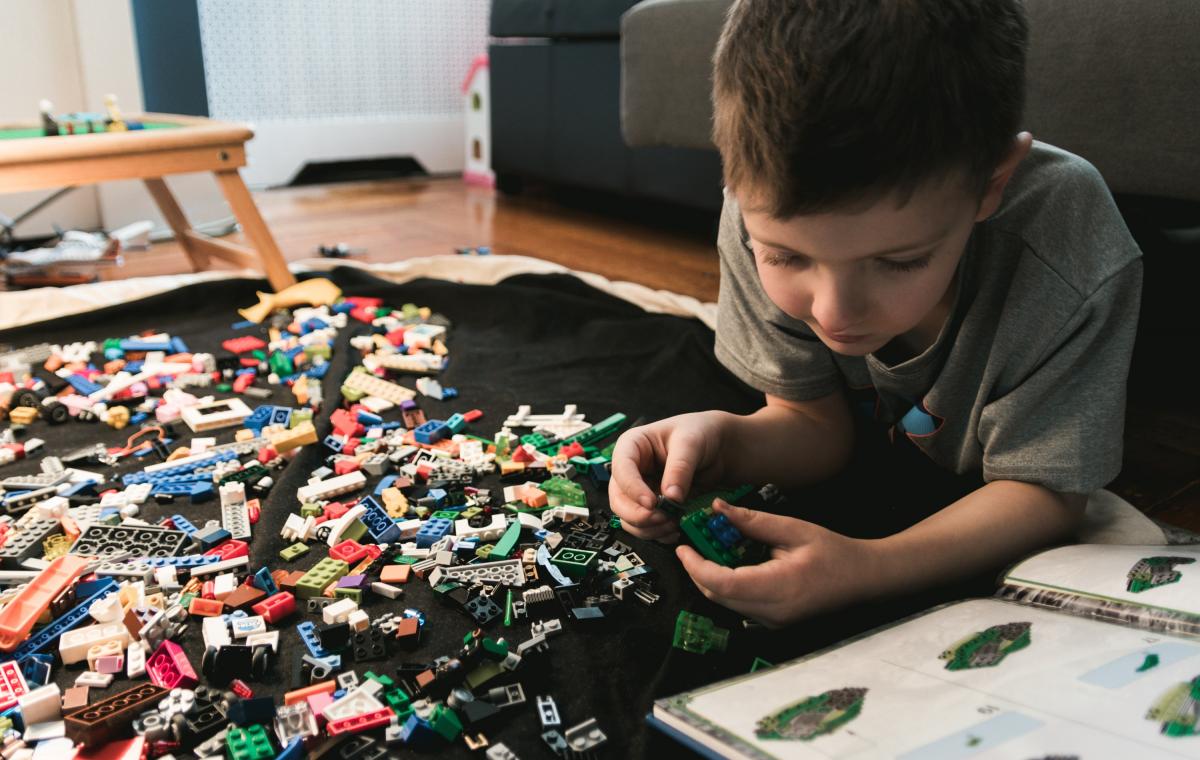Approaches to Learning Overview

Some of the important skills young children develop fall into a category called approaches to learning. What does this mean? It means how children learn. Approaches to learning refers to the behaviors a child uses to be able to gain knowledge and skills.
There are 4 focus areas in Approaches to Learning found in this section. Each area spans ages 3-9. Click on each area for specific information and resources.
- Attends and Engages includes working on lengthening a child’s attention span and helping them ignore distractions and deal with interruptions.
- Flexibility and Executive Function includes helping children learn to be flexible, have self-control, and remember multiple things at once.
- Curiosity and Motivation includes helping children show eagerness to explore and investigate and to be motivated to make sense of the world around them.
- Persists and Problem Solves includes helping children manage emotions, think creatively, and persist until a problem can be solved.
These areas of focus weave together to help the child build self-regulation skills known as Executive Function.
All children develop at different rates so there is no exact spot that will define the learning of your child. Your interactions and support will help your child grow and improve no matter where they are along the path of building their approaches to learning and executive function.
Executive Function: The set of skills that include self-control, memory and recall, and flexible thinking that children develop in order to be ready to learn and keep their emotions, actions, and thinking in control.
Flexible: The ability to change ideas easily toward success.
Motivated: To be encouraged by interest and excitement in activities and ideas for doing something.
Persevering: To continue with an activity or action when challenging or success is not promised.
Persist: To continue with an activity or course of action, when things are difficult, challenging or frustrating.
Self-control: The ability to control one’s actions and emotions to cope with difficulty or undesired situations.
Self-regulation Skills: Skills that give children the ability to keep actions, emotions, and behaviors in-check to produce positive results.